Turning dream projects into reality: RCM Accelerate
Share #UpbeatOnline
Surrounded by beautiful countryside, a cyclist speeds past on a gravel track, bassoon case strapped to their back. ‘My music making is informed by the joy that I feel riding bikes, sitting outside, watching the world go by,’ says the voice over.
This opening scene sets the tone for the rest of a short film, Conduits For Joy, which explores the delight in making things by hand, from bassoon reeds to specialist handmade bikes.
It’s the first by Play Outdoors Productions, a production house and community for underrepresented voices in music and the outdoors. The project is spearheaded by Alison Wormell (pictured above), a recent RCM graduate and participant of RCM Accelerate.
A longer film is planned for release in November 2023, which will document a three-day bikepacking trip with composer and fellow RCM graduate Mari Funabashi.
‘I’ve always loved spending time outdoors and it’s influenced my music since a very young age,’ explains Alison. ‘Starting Play Outdoors Productions seemed a logical next step to me – to combine these things and use the platform to amplify diverse voices.'
‘[This was] a dream that I couldn’t bear to put off any longer,’ they explain. ‘But it needed funding.’
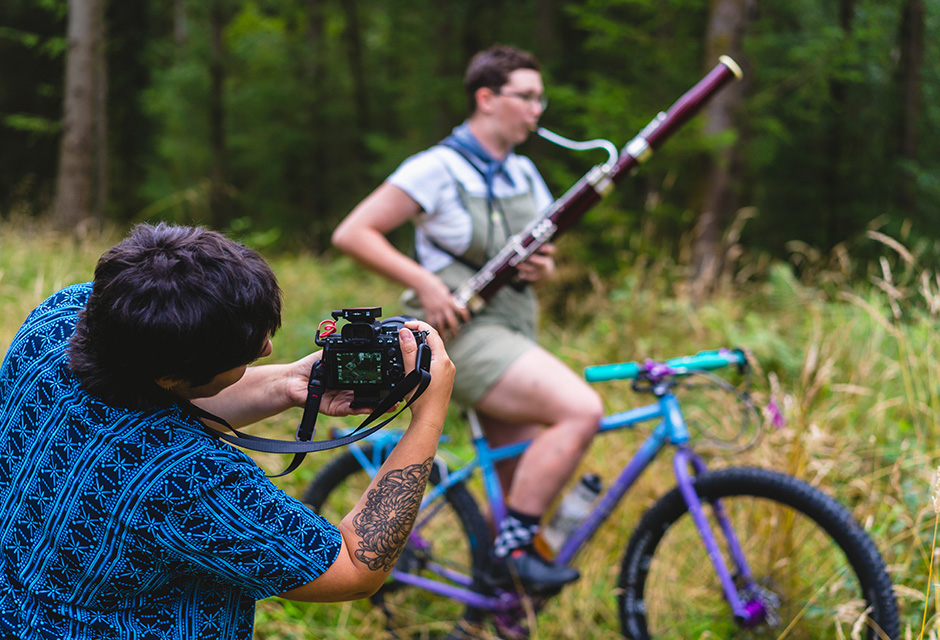
Director Roxy Barry films Alison Wormell for Play Outdoors Productions’ first film, Conduits For Joy. Photo: Jonathan Doyle
Supporting creativity
Play Outdoors Productions is one of ten business ideas supported by RCM Accelerate, launched in 2021 by the RCM’s Creative Careers Centre.
The scheme supports graduating students with grants of up to £5,000, with the aim of helping them kick-start a new creative project, social enterprise, or business idea, or develop an existing initiative.
Applicants are invited to pitch their initiative – which doesn’t have to be music-related – to a panel of industry professionals, providing a budget, as well as addressing the project’s environmental impact and diversity and inclusion.
An array of projects
At the heart of many of the projects funded by the scheme is reaching new audiences and widening access to classical music, through innovative and entrepreneurial ideas.
One such initiative is OperaEd, run by Helen Cooper. ‘OperaEd exists to inspire and educate a new generation of opera-lovers who do not currently have access to the art form, through fun, immersive workshops and performances,’ she explains.
In March 2022, OperaEd delivered performances with a Q&A session to two classes of Year 4 students. ‘Our vision is a world where opera is accessible to everyone, regardless of age or background.’
Meanwhile, Pietro Genova Gaia has used the funding to co-found and manage a new concert series at Netherhall House Auditorium in North London. The new three-in-one event format – a one-hour concert, an art exhibition by young artists, and a post-concert reception – has attracted 70% of attendees of university age and is fast becoming a cultural hub for young creatives.
‘It is the meeting place for many musicians and artists. It is a young community offering an inclusive environment where talent can flourish,’ says Pietro.
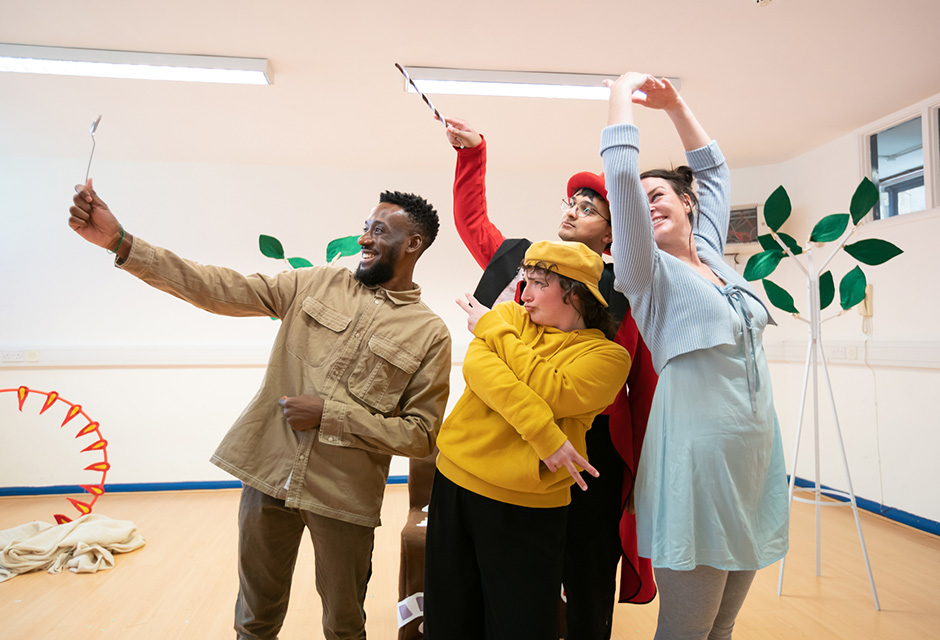
OperaEd performers at a primary school workshop. Photo: Nick Rutter
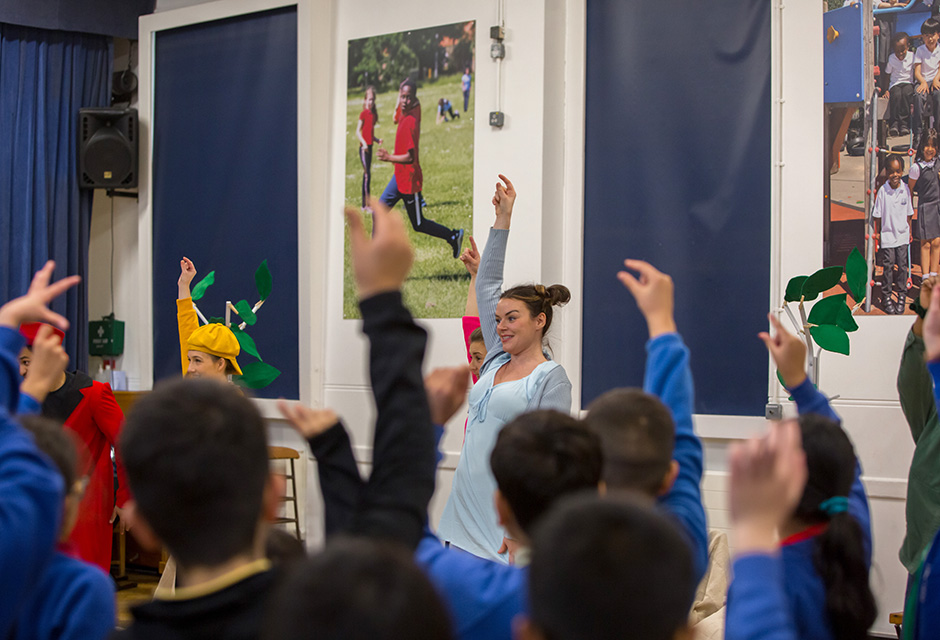
Year 4 children participate in an OperaEd workshop. Photo: Michael Wheatley
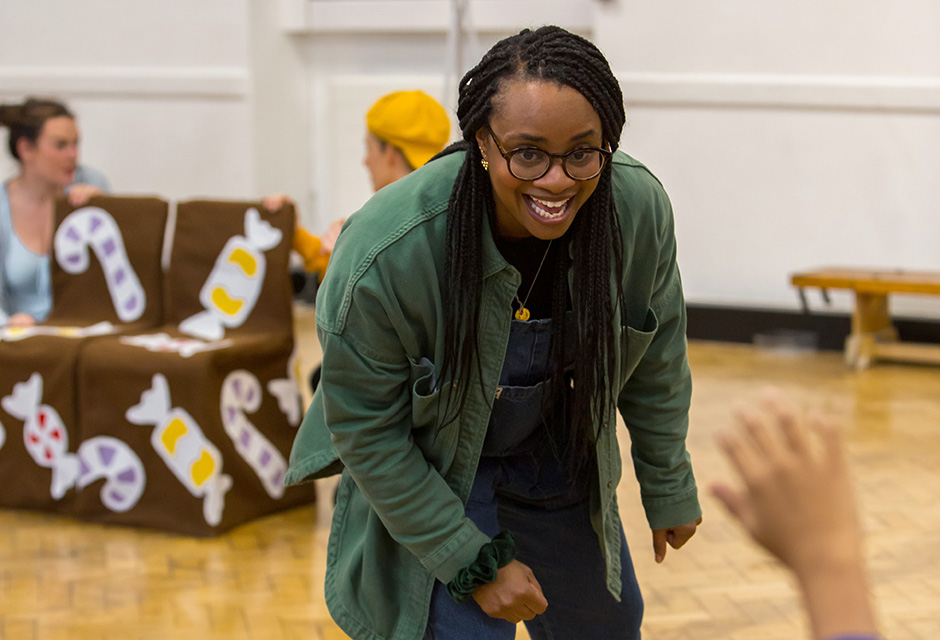
A member of the OperaEd cast at a primary school workshop. Photo: Michael Wheatley
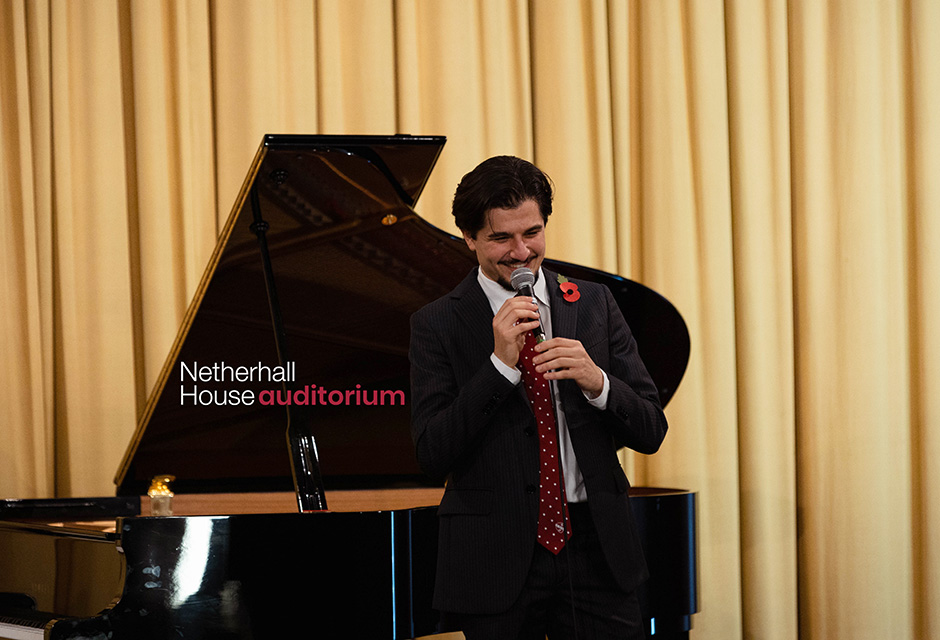
Pietro Genova Gaia, manager of Netherall House Auditorium, speaks before an event.
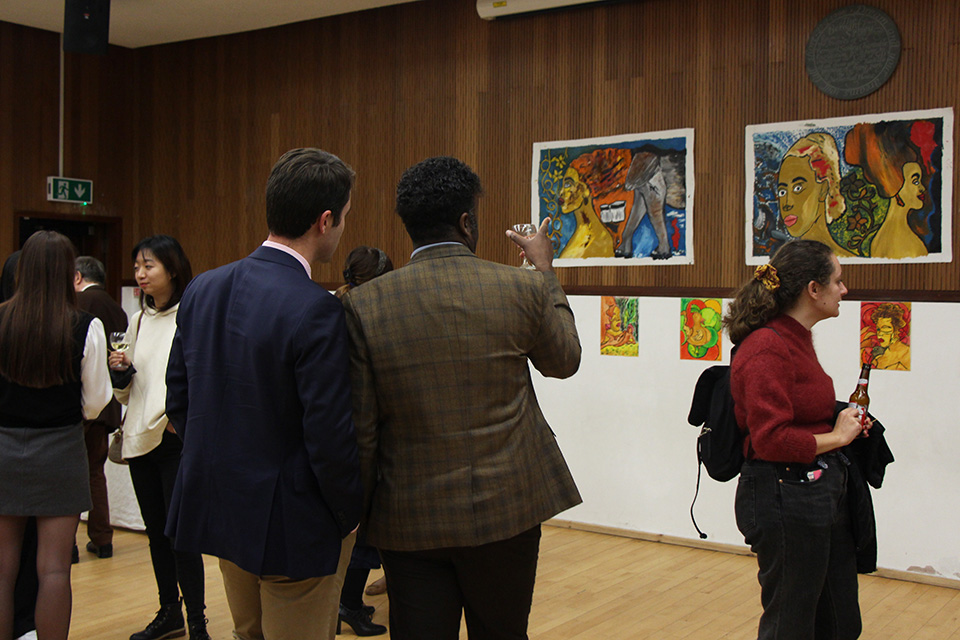
Audience members attend an event at Netherall House Auditorium.
Other participants are addressing the historical gender imbalance in classical music. The Corelia Project, established by Magdalenna Krstevska and Sophie Glenny, is aiming to elevate women’s voices in classical music through the performance and promotion of their works.
‘In 2022, only 7.7% of works performed in classical music concerts around the world were composed by women,’ they explain. ‘Through the Corelia Project, we want to change this.’
The pair will soon be launching Corelia Concerts, a series of chamber music concerts spotlighting repertoire by women from around the world, and have also recently launched an online database of women composers and their works.
Overcoming financial hurdles
The biggest challenge many young entrepreneurs face is sourcing the financial backing needed to get their projects off the ground – which is where the RCM Accelerate scheme aims to bridge the gap.
‘I often hear peers and colleagues talk about great ideas they have for initiatives, but they don’t know where to begin or how to look for funding,’ says Helen. ‘I now understand how tough it is to start an initiative without funding and how difficult it is to receive funding in the first place.’
‘Pursuing a project like this is a big step and requires financial backing that people often don’t have early in their careers,’ Alison agrees. ‘Immediately after a degree is often the perfect time to pursue an idea like this. It’s so important to provide funding to people who aren’t yet in streamlined careers because they’re the people who are going to do the truly ground-breaking stuff.’
Tailored mentoring
As well as financial backing, mentoring and specialist support form an important part of the scheme. Professional development sessions with career experts are held throughout the year, along with group check-ins and individual feedback sessions with Diana Roberts, Head of RCM Creative Careers Centre.
‘In the group sessions we hear from the other RCM Accelerate participants and learn about what they’ve been up to in their projects. It’s a wonderful opportunity to be both inspired by, and receive feedback from, our peers.’ says Sophie.
Alison elaborates: ‘The Zoom meetings with the Accelerate participants are absolutely zinging with energy. The number of ideas, helpful suggestions, encouragement and enthusiasm in those calls is extraordinary!’
The Zoom meetings with the Accelerate participants are absolutely zinging with energy. The number of ideas, helpful suggestions, encouragement and enthusiasm in those calls is extraordinary!
Alison Wormell
What’s next
The participants of RCM Accelerate are now looking to grow their projects. Pietro is pursuing new partnerships at Netherhal House Auditorium with Cavatina Chamber Music Trust, which brings chamber music to young people across the country.
In the long-term, the Corelia Project is looking to take on more team members and expand into education work, and Helen similarly hopes to reach new schools with OperaEd; and Alison eventually hopes Play Outdoors Productions will move into television, while they continue to play in orchestras alongside.
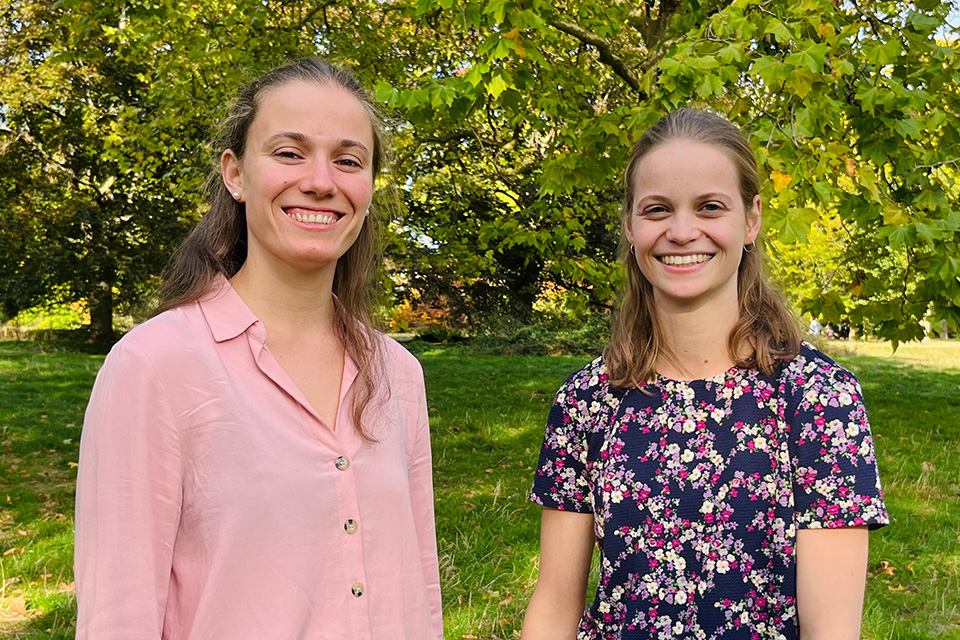
Magdalenna Krstevska and Sophie Glenny of the Corelia Project.
Crucially, the initiatives are forming a key part of the participants’ portfolio careers.
‘The practical and financial support of the scheme has allowed us both to incorporate the project as a legitimate part of our careers alongside our performing, teaching and music administration work, rather than only to pursue it when we have time,’ says Magdalenna.
For Helen, this is the key difference that participating in the scheme has made. ‘I have felt supported and motivated to drive OperaEd forward and make it an integral part of my future career.’
Key learnings
RCM Accelerate has provided some important learnings for participants in the process.
‘We’ve learned that things take time and that’s okay,’ says Sophie. ‘It’s okay to give ideas the space to develop. It’s okay to not have all the answers and seek help when you reach a wall.’
‘Most importantly, if you can, team up with other like-minded people. This way you can support each other, hold each other accountable, bounce ideas off one another. You’re always stronger as a team!’
For Pietro, the grant has allowed him to see his dreams in a new light. ‘Now it's not just me who believes in it but someone else does too,’ he says. ‘Don't be afraid to share your ideas, and don't think about going it alone. And don't be afraid to dream big!’
Diana Roberts, who runs the scheme through the Creative Careers Centre, agrees. ‘The musicians currently on the scheme are creating life-changing opportunities – not just for themselves, but also for other creators, their target audiences and customers.
‘This year’s cohort are already demonstrating that, through the power of creativity and collaboration, and with financial and specialist support, positive change is possible.’
To find out more about RCM Accelerate, including how to apply for the next cohort, current students can visit the Creative Careers Centre pages on Learn.rcm.
RCM Accelerate is supported by Nicola Benedetti and the Benedetti Foundation.


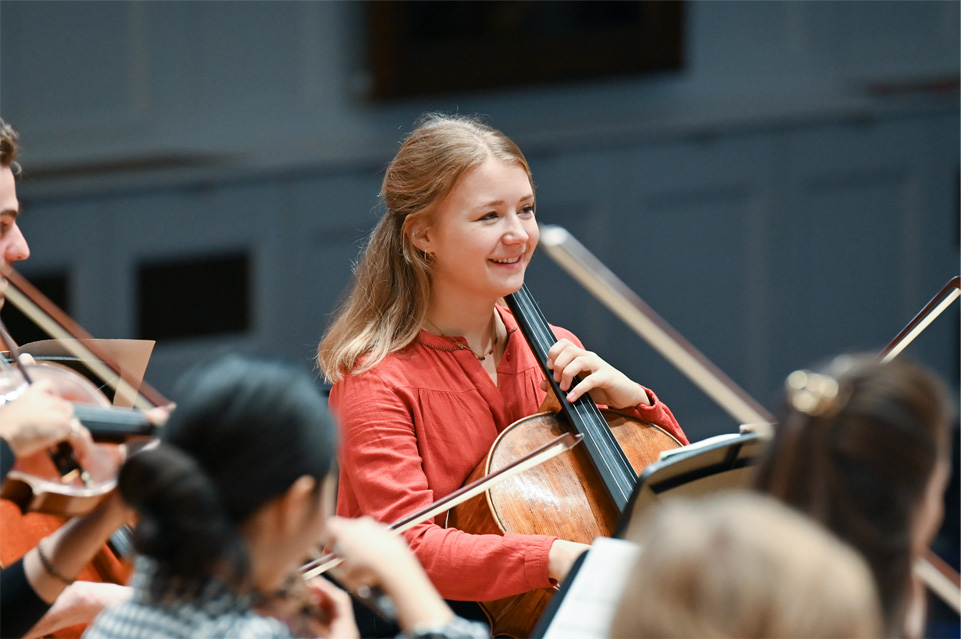
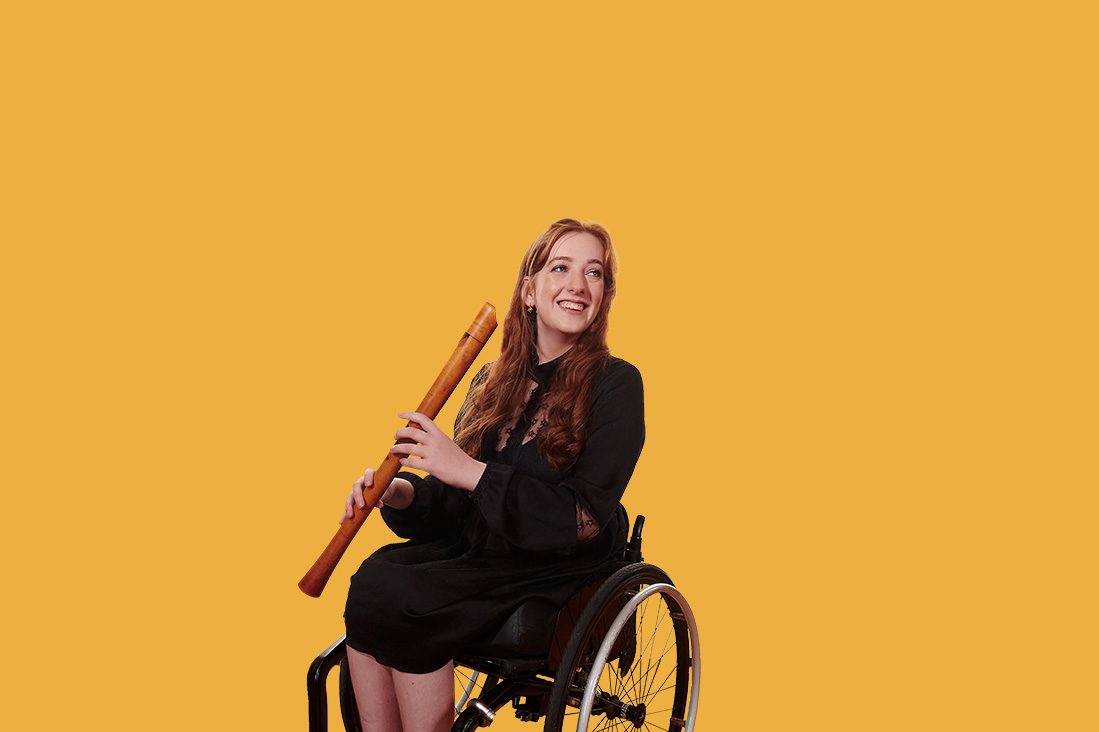


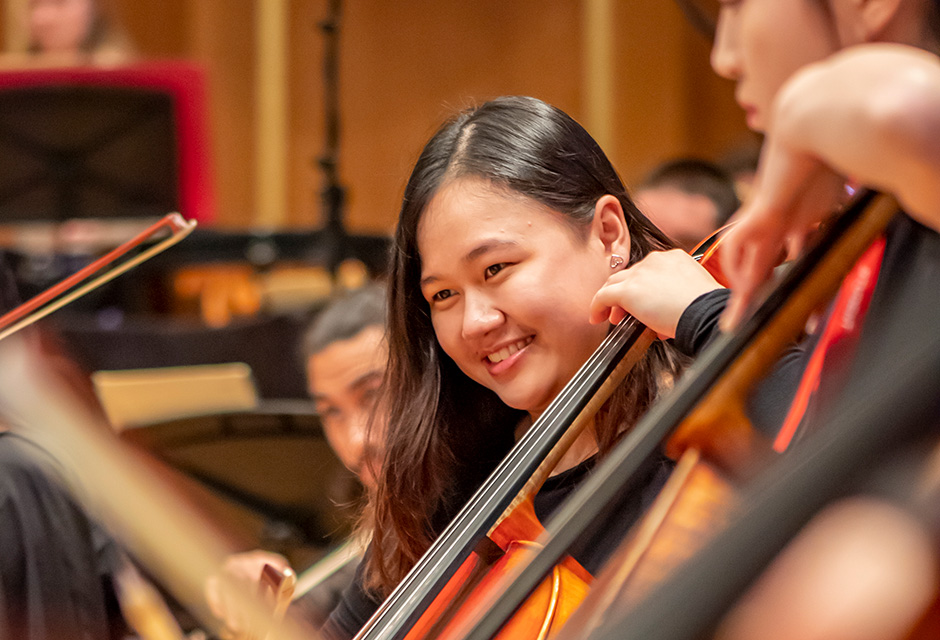
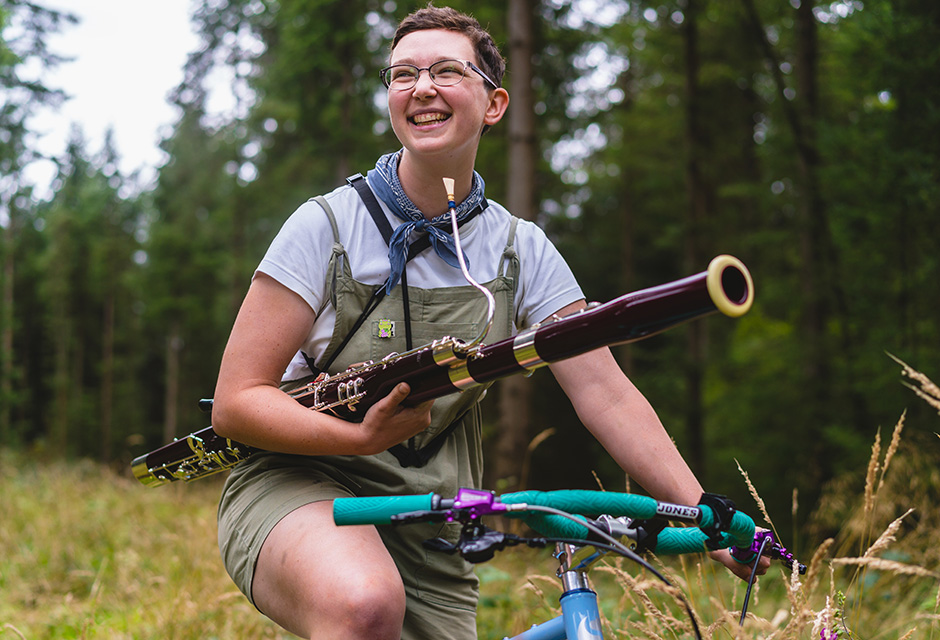
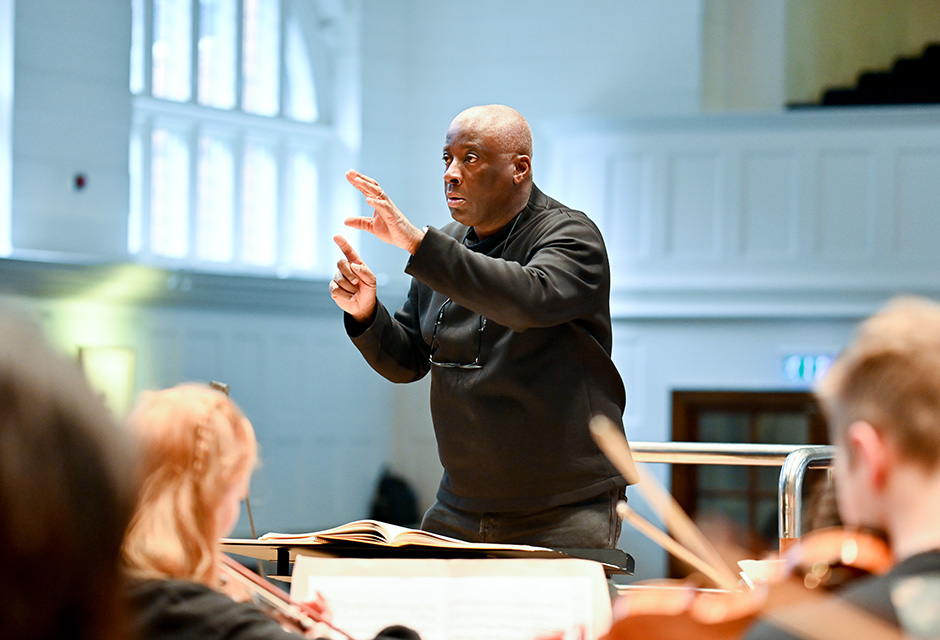
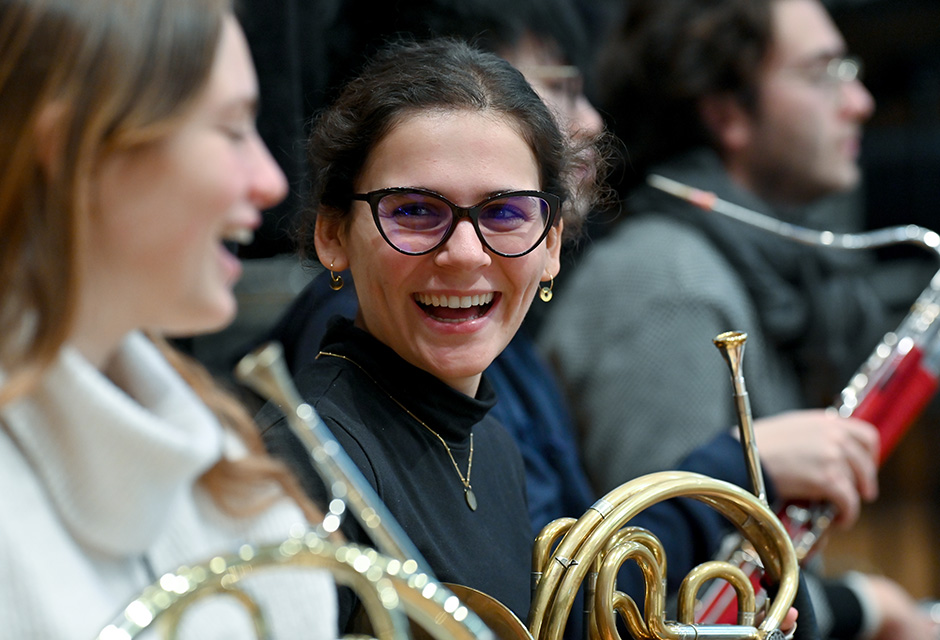
.png)





